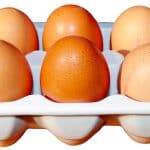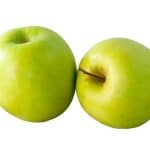MUCH and MANY are determiners.They indicate the quantity or amount of a noun. In the affirmative, "much" and "many" mean "a large amount" or "a large quantity". What is the difference between "much" and "many"? We use MANY only with countable nouns.We use MUCH only with uncountable nouns. Let's look at this in more detail. MANY - countable nouns We use … [Read more...] about MUCH and MANY – Determiners
SOME and ANY – determiners
SOME and ANY are determiners. We use them before a noun. They express the amount or quantity of a noun. SOME and ANY are used differently for countable and uncountable nouns so it is important to understand the difference. SOME The meaning of SOME is an unknown (or unstated) amount or quantity of something (a noun). We use SOME in three types of sentence / … [Read more...] about SOME and ANY – determiners
Countable and uncountable nouns | English grammar
What is a noun? Look around you. Everything you see is a noun! (desk, computer, phone, car). Nouns are therefore objects and things. But they can also be non-physical things like ideas. A noun is a word that names: Things - Examples: table, chair, water.People - Examples: Mark, Jane, pilot, driver.Animals - Examples: dog, cat.Places - … [Read more...] about Countable and uncountable nouns | English grammar
Future simple tense – will and shall
The future simple is a future verb tense. It is generally used to describe information about the future and to make predictions. In this lesson, you will find: The form (affirmative, negative, question and contracted forms).The difference between "will" and "shall".The uses and meaning of the future simple (with examples).The difference between "going to" and the future … [Read more...] about Future simple tense – will and shall
Plural forms of English nouns
In this lesson, you will learn how to form the plural form of nouns. Only countable nouns have a plural forum. Uncountable nouns (example "milk", "flour", "water") do not have a plural form. The singular form of a countable noun is used to describe one unit of it. The plural form is used when there is more than one unit. Example with a regular noun: Singular form of … [Read more...] about Plural forms of English nouns






